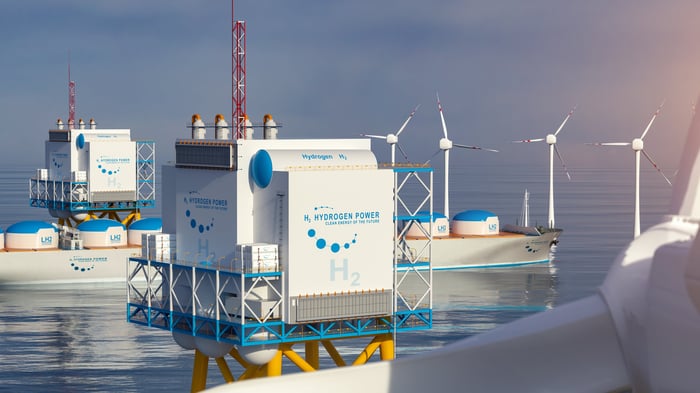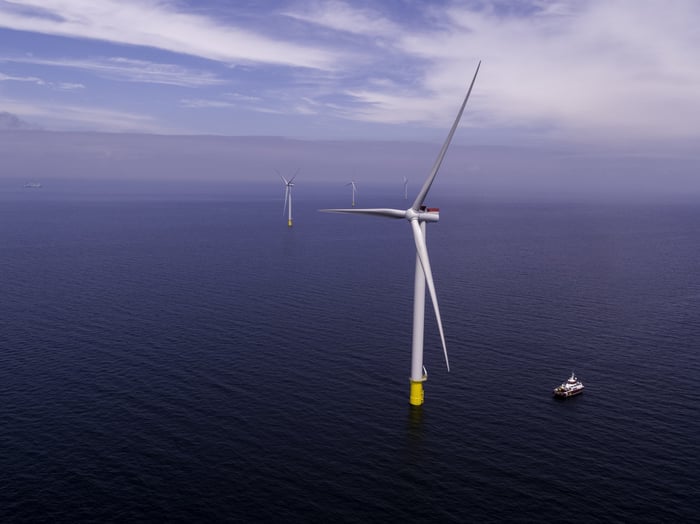
About the Course
This course provides a thorough understanding of flow assurance principles, covering fluid behaviour, pipeline restrictions, mitigation strategies, and operational challenges. Participants will explore key flow assurance risks, such as wax, hydrates, asphaltenes, and corrosion, while learning how to implement thermal management, chemical treatments, and pigging strategies to optimise production and prevent costly downtime. The course also addresses pipeline integrity, inspection techniques, and flow modelling, equipping engineers with the tools to manage flow assurance risks effectively.
Who's it for
- Flow Assurance Specialists – Professionals focused on predicting, preventing, and resolving flow-related issues in pipelines.
- Production & Process Engineers – Those responsible for optimising production, managing fluid properties, and ensuring operational efficiency.
- Pipeline Integrity Engineers – Engineers dedicated to maintaining pipeline health by mitigating risks.
- Subsea & Facilities Engineers – Professionals involved in the design and operation of subsea systems, ensuring effective flow management.
Course Content
-
Day One
Fundamentals and Flow Challenges
- Introduction to Flow Assurance – Importance, key challenges, and industry impact.
- Fluid Properties & Composition – Phase behaviour, PVT analysis, and flow regime considerations.
- Causes of Flow Restrictions – Wax, hydrates, asphaltenes, emulsions, scale, and sand.
- Corrosion & Erosion in Pipelines – Mechanisms, effects on flow, and mitigation strategies.
- Thermal Management & Insulation – Passive and active heating techniques to prevent blockages.
-
Day Two
Mitigation Strategies & Operational Costs
- Chemical Inhibitors & Additives – Selection, application, and effectiveness in preventing deposits.
- Pigging & Mechanical Cleaning – Types of pigs, operational strategies, and pipeline design considerations.
- Hydrate Management & Prevention – Pressure control, MEG/TEG injection, and flowline depressurisation.
- Flow Modelling & Monitoring – Predictive modelling, real-time surveillance, and troubleshooting techniques.
- Pipeline Integrity & Risk Management – Inspection, maintenance strategies, and regulatory considerations.
Learning Outcomes
Upon completion of this course, participants will be able to:
-
Understand the fundamentals of flow assurance and its impact on pipeline performance.
-
Analyse fluid properties and flow behaviour using phase behaviour and PVT analysis.
-
Identify causes of flow restrictions such as wax, hydrates, asphaltenes, emulsions, scale, and sand.
-
Assess corrosion and erosion risks and apply mitigation strategies to maintain pipeline integrity.
-
Evaluate thermal management techniques to prevent flow blockages using passive and active heating methods.
-
Select and apply chemical inhibitors and additives to control deposits and maintain flow.
-
Implement pigging and mechanical cleaning strategies to optimise pipeline performance.
-
Develop hydrate management and prevention plans using pressure control, chemical injection, and depressurisation.
-
Utilise flow modelling and real-time monitoring for predictive analysis and troubleshooting.
-
Apply risk management and integrity strategies to ensure safe and efficient pipeline operations.
-
Class Materials
- Case studies that explore real-world CCUS challenges and their solutions.
- A comprehensive course package detailing all essential topics and technical data.
- Detailed notes from our tutors, Dem and Amrit, offering additional insights and expertise.
- A collection of references and practical worked examples to deepen understanding and application of the material.
-
Jeenius
Participants in the course gain access to Jeenius, a cutting-edge learning platform that offers comprehensive support tools. This platform includes all course notes, recordings of the sessions for later review, and the opportunity for one-on-one support with the tutor. Additionally, Jeenius provides access to the latest insights in renewable energy enhancing the learning experience with up-to-date industry knowledge.
-
In-Company Delivery
For in-company delivery options and content customisation to meet your specific needs, please don't hesitate to reach out to us.
-
Fee
£1,995 per person.
A discount is available if registering 3+ people.
Similar Courses


